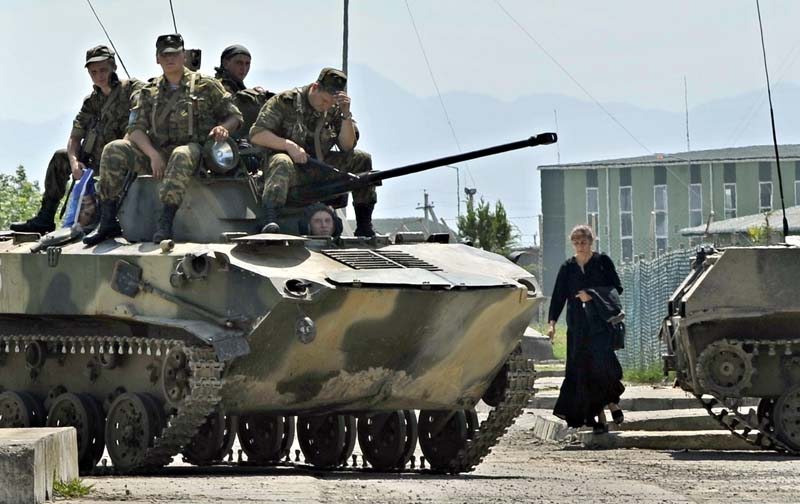NATO members behind the former Iron Curtain are concerned by Russia’s military moves in its Baltic territory of Kaliningrad, a senior US arms-control official said Friday.
“Clearly there are concerns, and I’ve heard them expressed not only here in Poland but in other countries in the region,” said Rose Gottemoeller, US assistant secretary of state.
“There is a generalized concern about Kaliningrad, and the Russian propensity, every time a concern is aroused in Moscow, to say ‘Time to bring something else to Kaliningrad’,” she told reporters.
Gottemoeller Friday wrapped up a visit to ex-communist Poland, which joined NATO in 1999, and former Soviet-ruled Estonia, Latvia and Lithuania, which entered the Western military alliance in 2004.
Kaliningrad, sandwiched between the Baltic Sea, Poland and Lithuania, is a military hub.
On Tuesday Lithuania’s Defence Minister Rasa Jukneviciene told the media Russia had deployed short-range nuclear missiles there.
They are not covered by the freshly-updated US-Russia START arms reduction treaty on long-range warheads.
Gottemoeller declined to comment on Lithuania’s claim.
“I officially will not confirm or deny the deployment of nuclear weapons anywhere, neither within NATO countries nor anywhere else in the region,” she said.
Rumours about a missile deployment — and concerns over bolstered Russian forces in Kaliningrad — have surfaced regularly.
In November Russia dismissed US media reports that it had moved short-range missiles to Kaliningrad earlier in 2010 despite pledges made as long ago as 1991.
Moscow had first threatened to deploy Iskander missiles — which have a range of around 400 kilometres (250 miles) — there in November 2008.
In September 2009, however, it said it had scrapped the idea after US President Barack Obama shelved an anti-missile plan for Europe pushed by his predecessor George W. Bush.
But in February 2010 it revived the spectre. The Obama administration has produced new plans to base anti-missile facilities in Moscow’s Cold War-era stamping ground.
Washington has insisted it aims to counter potential Iranian attacks, but Moscow has countered that such facilities would undermine Russian security.











